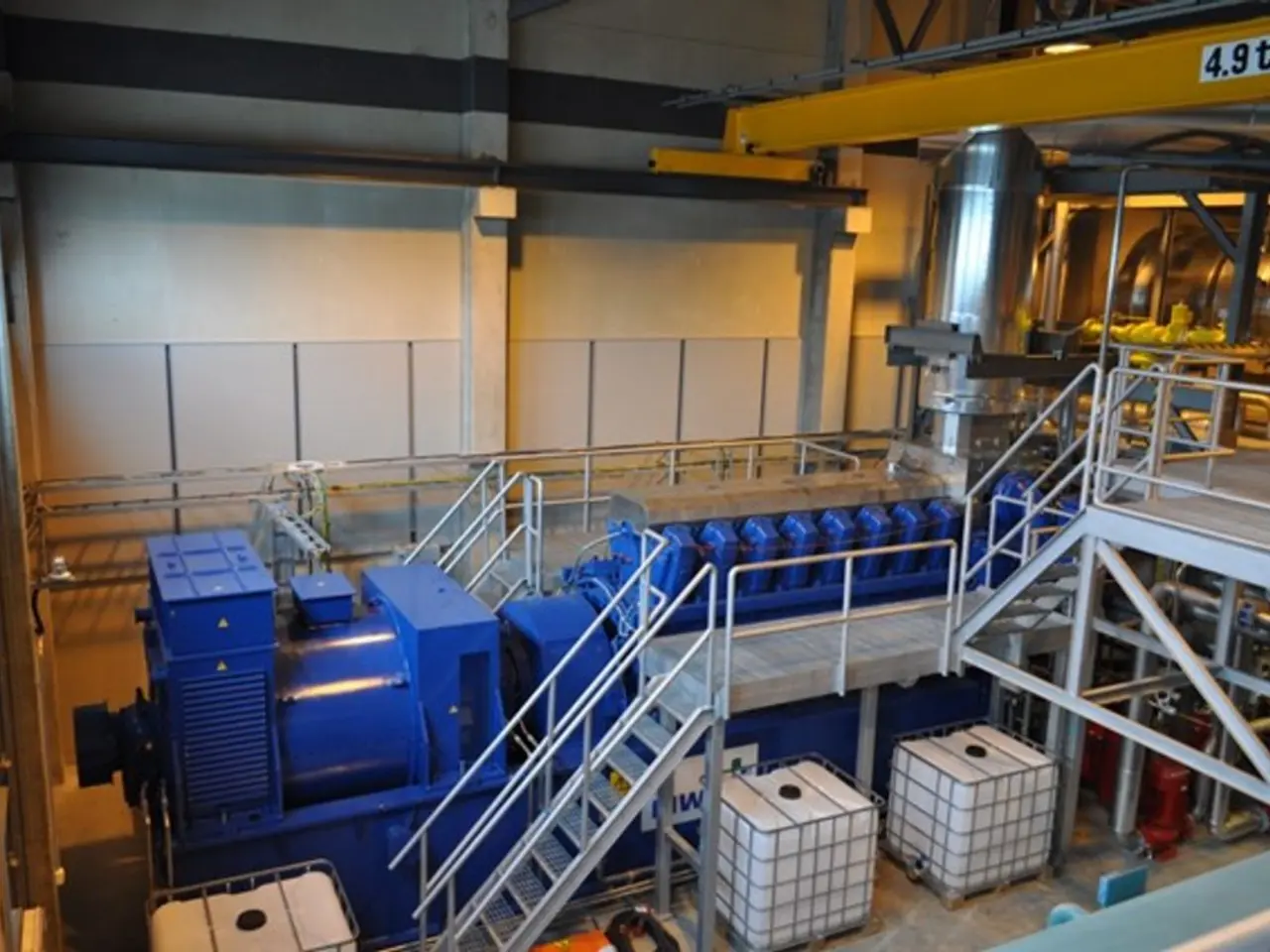"Each dollar matters": Critics argue that the proposal to boost fees, taxes, and tolls will disproportionately impact economically disadvantaged Delaware residents.
In Delaware, a bill increasing motor vehicle fees is making its way to Governor Meyer's desk, bringing in an estimated $7 million in revenue. The bill, sponsored by State Rep. Eric Morrison, D-Newark, includes a significant increase in the vehicle documentation fee, which will rise from 4.25% to 5.25%.
The proposed legislation aims to create a more robust and sustainable income tax system, but critics argue that the fee hikes will disproportionately impact low-income Delawareans. Miles Trinidad, a state analyst for the Institute on Taxation and Economic Policy, has stated that such regressive taxes, like the document fee and the cigarette tax, will hurt those who can least afford it.
The document fee increase, projected to generate an additional $35 million, will still be lower than similar fees in neighbouring states like Pennsylvania and New Jersey. However, the proposed toll increases on major routes like Route 1 and I-95 by the Delaware Department of Transportation (DelDOT) could impact low-income Delawareans who commute or travel frequently.
DelDOT officials emphasize that without these fees and toll hikes, funding for essential transportation maintenance such as paving, bridge work, and community services would be insufficient. The toll increases, if implemented, will likely affect Route 1, with Delaware E-ZPass users expected to see a jump of 50 cents on weekdays to $1.50 at both plazas, and a rise of $1 on weekends to $4.
State Rep. Madinah Wilson-Anton, D-Newark, opposes the bill, arguing that it is a regressive tax that will disproportionately hurt the state's most vulnerable residents. Meanwhile, Rep. Morrison has stated he wouldn't support the cigarette tax bill without movement on tax brackets legislation that makes the wealthy pay more.
Delaware's Economic and Financial Advisory Council has announced an additional $98 million in revenue for the next fiscal year's budget. The legislation would give back about $58 to individual taxpayers making below $60,000.
As the state grapples with evolving vehicle technologies and economic pressures, the proposed tax, fee, and toll increases are necessary for sustaining transportation infrastructure. However, the regressive nature of these policies places a heavier burden on low-income residents, a trend that reflects a broader struggle faced by states across the nation.
Finance and politics intertwine as State Rep. Eric Morrison, D-Newark, sponsors a bill in Delaware aiming to generate $7 million in revenue for enhancing the income tax system. Critics argue that the proposed legislation, with its increased vehicle documentation fee, might be regressive and disproportionately impact low-income Delawareans, as general-news outlets report.




